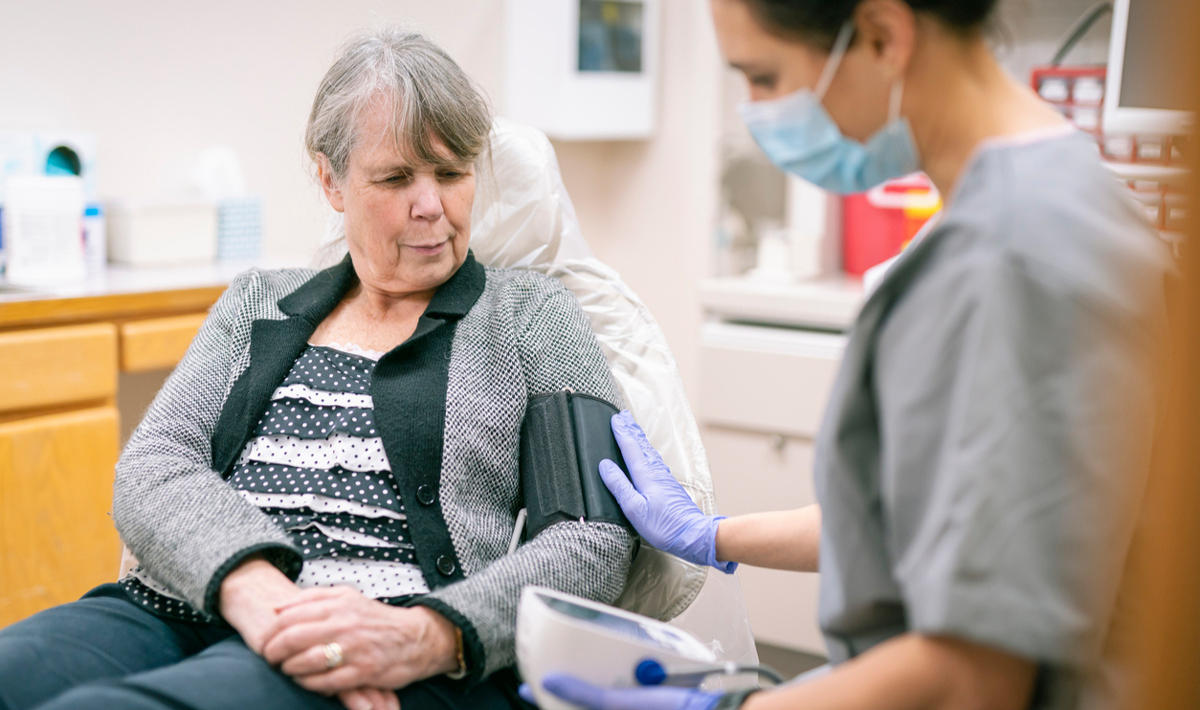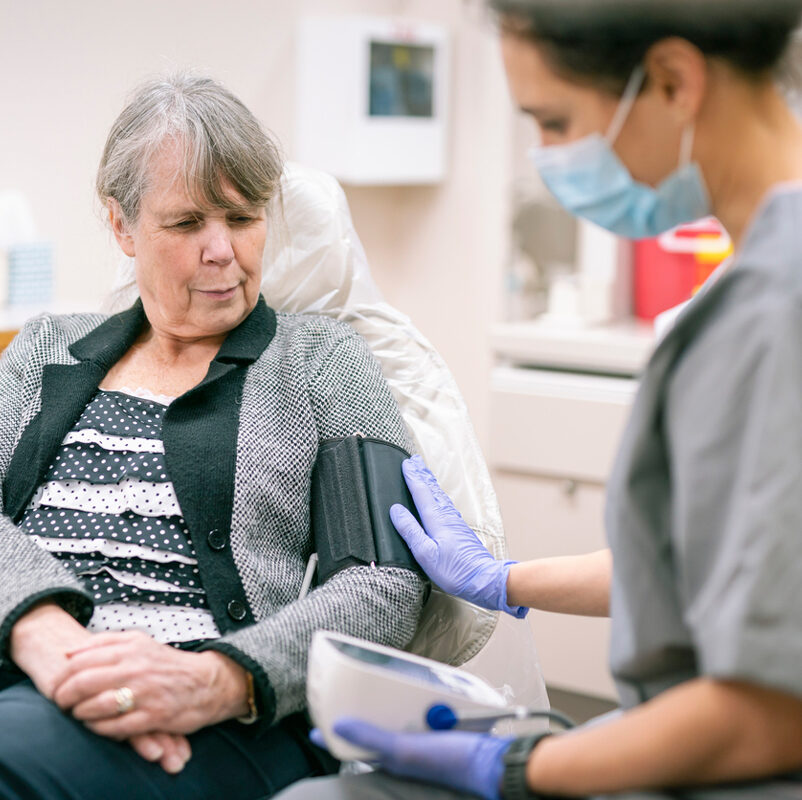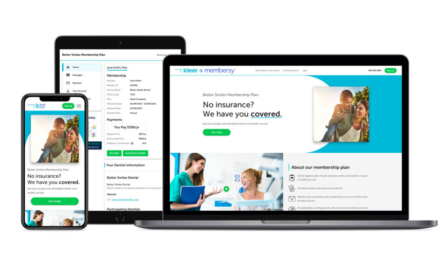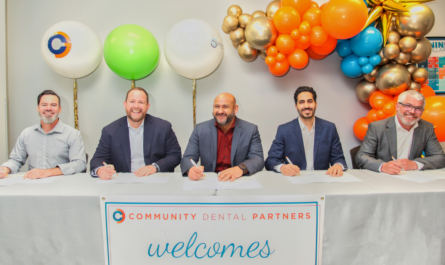The case for expanded access to care
By Andrew Smith, Executive Director of the ADSO
As we continue to push through these unprecedented times, it has become clear that there is a vital need to provide patients with expanded options. Meeting the demand for proper care, the health care industry developed innovative solutions to expand access to health, including virtual consultations. Salient issues ranging from dental shortages to the rise of teledentistry require dialogue and awareness to accomplish change. For the industry to progress, we must also note the importance of advocacy and oral health education.
One example of the ADSO’s role in awareness and education happened recently in North Carolina. On July 23, Governor Roy Cooper signed Senate Bill 146 into law, establishing the standards of teledentistry in the state. In addition to expanding the use of telemedicine, the legislation allows oral hygienists to administer local anesthetics while under the direct supervision of a licensed dentist, growing access to high-quality care to underserved urban and rural communities across North Carolina.
Looking at the whole picture, the ADSO recognizes that the mouth-body connection is critical to maintaining overall wellbeing. When progress is made for a patient’s access to care, improvements in overall health and quality of life are also achieved.
More than 2 million North Carolinians struggle to receive adequate dental care, and all 100 counties are considered partial or full HRSA-identified Dental Health Professional Shortage Areas. Looking at the whole picture, the ADSO recognizes that the mouth-body connection is critical to maintaining overall wellbeing. When progress is made for a patient’s access to care, improvements in overall health and quality of life are also achieved.
This most recent win is an example of the ADSO’s commitment to elevating dentistry, as the Association advocates for policies that allow DSO-supported dentists to prioritize patient care. Conversations at the local level not only affect state policies, they eventually drive national standards of care. By having an open dialogue about the role of teledentistry at the community level, the ADSO communicated the public health benefits of dentists delivering virtual care when applicable. The combination of conversation and expertise led to progress, and the ADSO helped chart the path to address dental health shortages and access to treatment.
Looking ahead to the future of dentistry, the role of technology and advocating for oral health integration are just a couple of the futuristic topics that will be presented at Leading the Evolution of Dentistry, an ADSO members-only event that will take place in Las Vegas from October 13 to 15. The people most important to the ADSO – its members – will convene to chart the course for the industry. As the Association celebrates its recent accomplishments, it also looks to the future with a comprehensive plan for progress.
Until we reunite at Leading the Evolution of Dentistry, we look forward to advocating for and elevating dentistry one day at a time.







